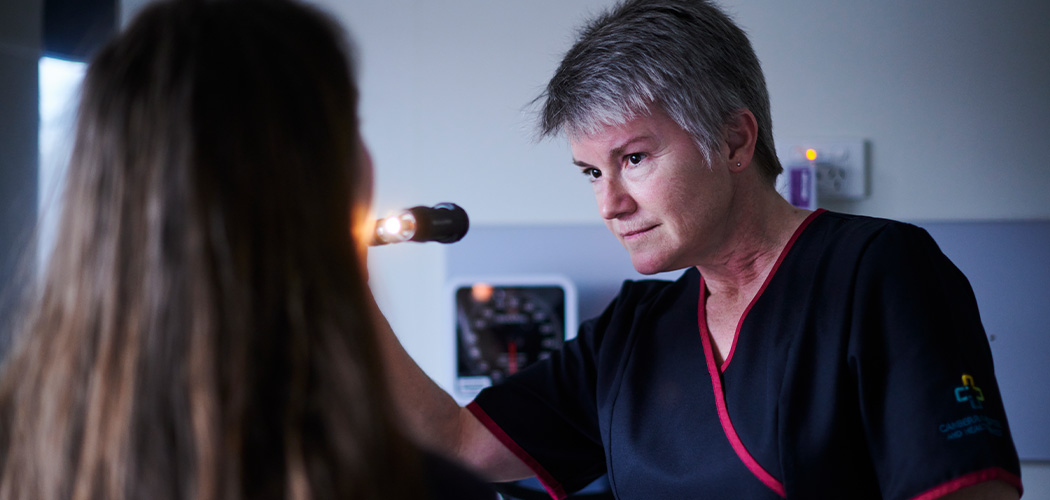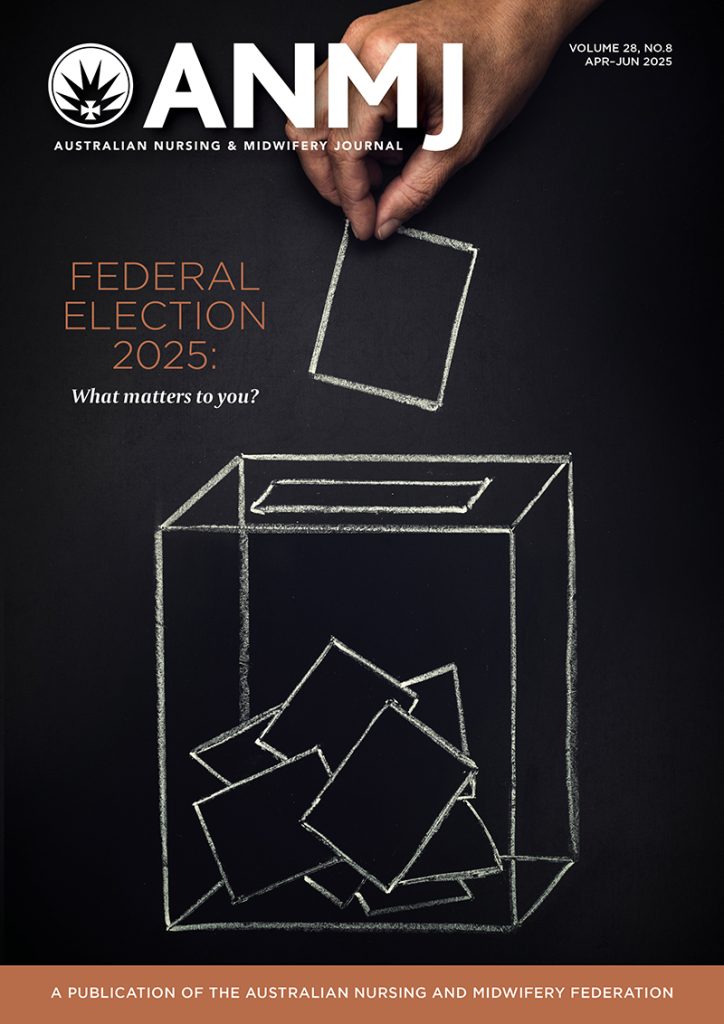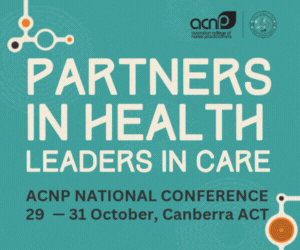Advanced practice nurses running nurse-led clinics across Australia need greater support from all levels to overcome barriers such as overwhelming workloads, new research has revealed.
Published in the latest edition of the Australian Journal of Advanced Nursing (AJAN), the study explored the experiences and perceptions of 10 advanced practice nurses who have established and run NLCs in settings including public hospitals and private clinics.
Nurse-led clinics (NLCs) were developed to bridge care gaps, expand healthcare coverage, and promote health equity in response to growing clinical demand and healthcare workforce scarcity, the study states.
Sharing their insights, participants suggested that a new NLC should be set up by developing a solid business proposal tailored to meeting a genuine service gap. Similarly, they acknowledged having to alter or expand NLCs to accommodate changing requirements, patients’ needs, and their own preferences, and the importance of regular communication with healthcare organisational leadership and other healthcare workers to gain recognition and support.
Although advanced practice nurses interviewed for the study highlighted positive benefits like optimised patient care, they also identified several barriers that hinder the successful implementation and expansion of nurse-led clinics.
Obstacles in running nurse-led clinics
Study participants raised the issue of inadequately trained nurses available to run NLCs. While they expressed their willingness to train more nurses, the challenge is finding the time for clinical teaching.
“One explanation is that nurses have little knowledge about NLCs, and it takes a significant amount of time to train nurses to take on the responsibilities of running NLCs. This results in a lack of succession planning and insufficient absence coverage for NLCs,” the study states.
Participating advanced practice nurses also reported that their workload was high, leaving them with limited time to run clinics efficiently, and lack of time and funding for professional development.
“Sometimes you need to triage patients, to either go to a different service or discharge through General Practitioners (GPs) to manage the workload…because the workload is too much,” one nurse said.
One of the first studies of its kind in Australia, researchers concluded that nurse-led clinics offer a valuable service that should be promoted and recognised. To achieve this, APNs need support from all levels, including healthcare organisations and governments, to be able to fulfil their role and be successful in implementing, managing, and expanding NLCs. Further, more studies are needed at a global level to understand APNs’ experiences and develop strategies to address barriers.
“Advanced practice nurses need recognition and support from all levels to be successful,” researchers said.
“The recent reform by the Australian Government to remove the requirement for the collaborative arrangements between NPs and medical practitioners is a promising step forward, but much work remains to be done. To increase the awareness of APNs’ role and NLCs, and promote APN-led services, more education and research on nurse-led services are needed.”
Read the full research paper here









One Response
Remote area nurse (RAN) practice in isolated clinics could arguably be recognised as our first nurse-led clinics in this country – with little support – often doctors hundreds of km away in tertiary hospitals and accessed via phone.
Many RANs do post grad studies in advanced practice – through various universities. There is also the Council of Remote Area Nurses Association (CRANA) which offer free and low fee courses to develop a RANs scope of practice.
If something similar is provided for practice nurses you may recruit more.
Practice nurse do not earn very good money-pay them more- increase their scope and the system will benefit.
I attended a Nurse Led Clinic conference in London several years ago. The clinic were specialised – for example -wounds, heart failure, first time chest pain – ambulances directed client according to their clients presentation to NLC with specialty clinics. Importantly nurse practitioners provided a lot of care.
Look overseas to see how they are doing these.